A dugout canoe crossing a wetland in Basoko territory, northern DRC. The Congo Basin has the world’s largest tropical peatland, a type of forested wetland that locks billions of tons of carbon in the soil, accumulated as semi-decayed organic matter over thousands of years.
Bush meat from endangered species is considered a delicacy in Congolese cities. European investors' plans to open timber transport roads next to the Yangambi Man and Biosphere Reserve threatens key habitats for those species. Below: A primate tries in vain to suckle from his mother, killed by poachers in northern DRC. The meat is often sun-dried and smoked.
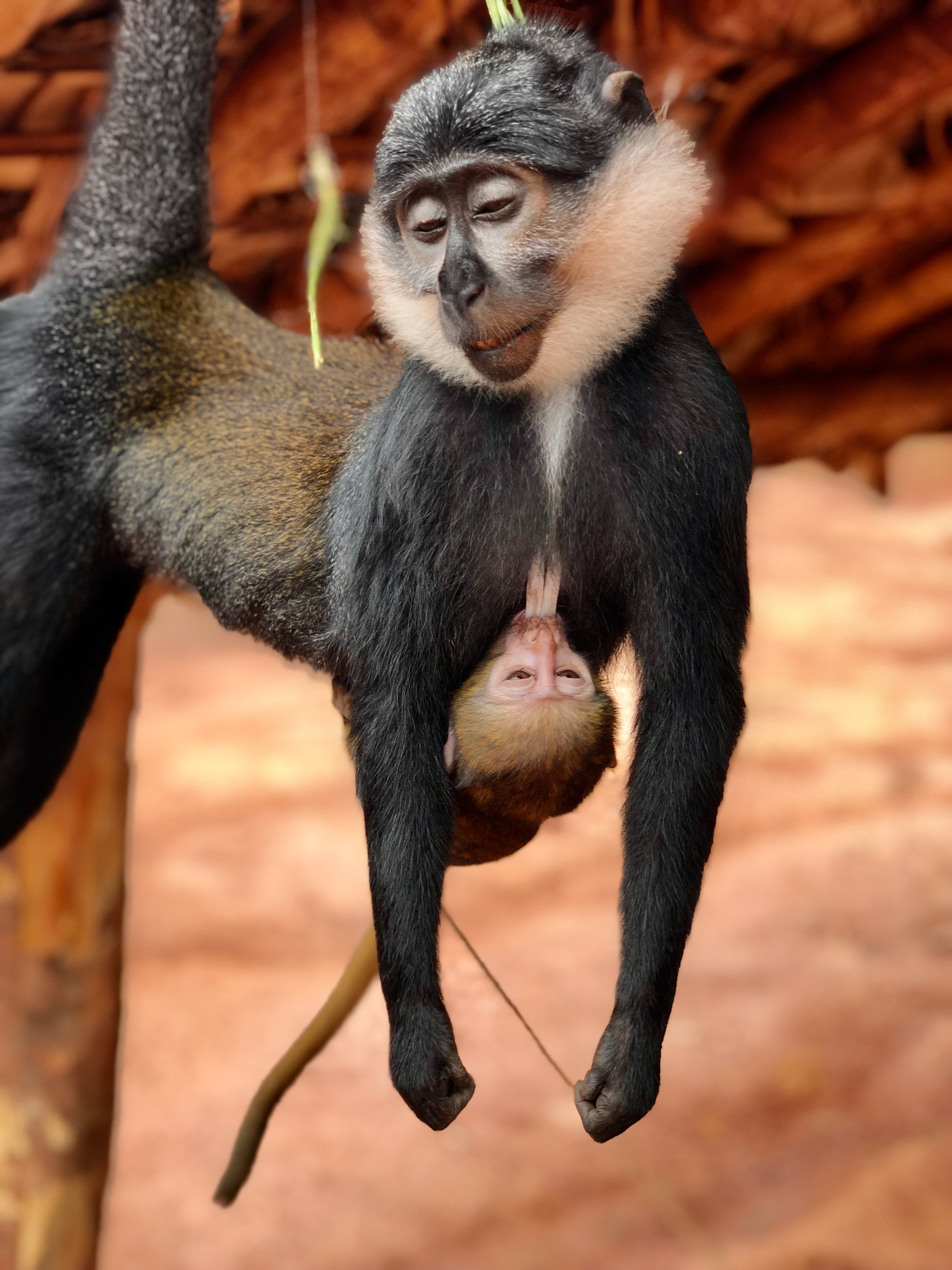
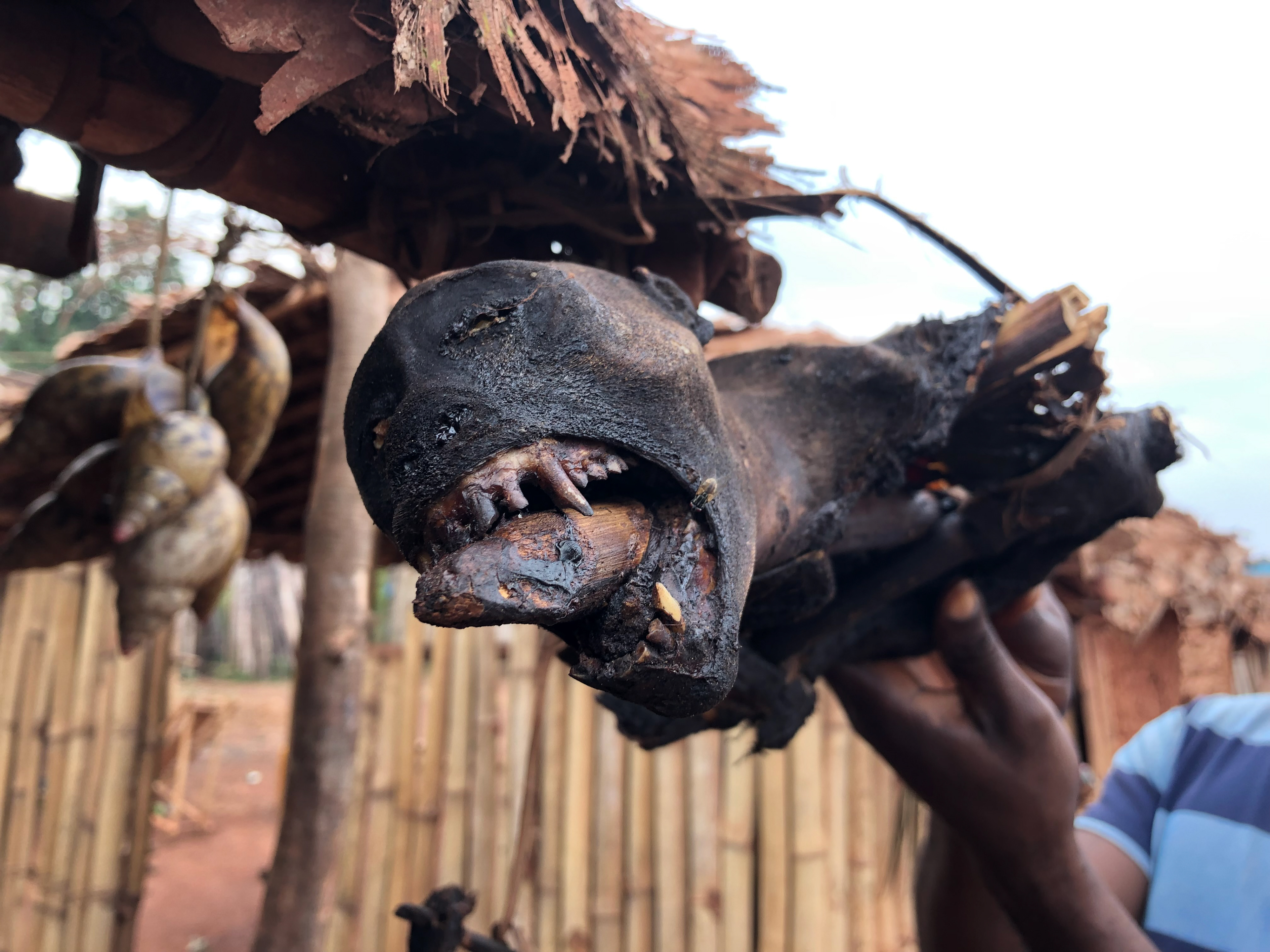
Youth unload informally extracted timber for sale in Congolese markets. Scientists estimate that artisanal loggers in the DRC produce13 times more output than the industrial timber sector, but informal sectors and the needs of the people who depend on them receive little attention from policy-makers.
Timber transport roads planned for 2024 shall open up a largely inaccessible area to charcoal making and slash and burn agriculture, a leading cause of deforestation in the Congo Basin. Below: Decaying log sitting at the premises of a Chinese logging company that operates illegally in Tshopo province. It is not profitable to ship the logs unless they manage to extract enough of them from the forest.
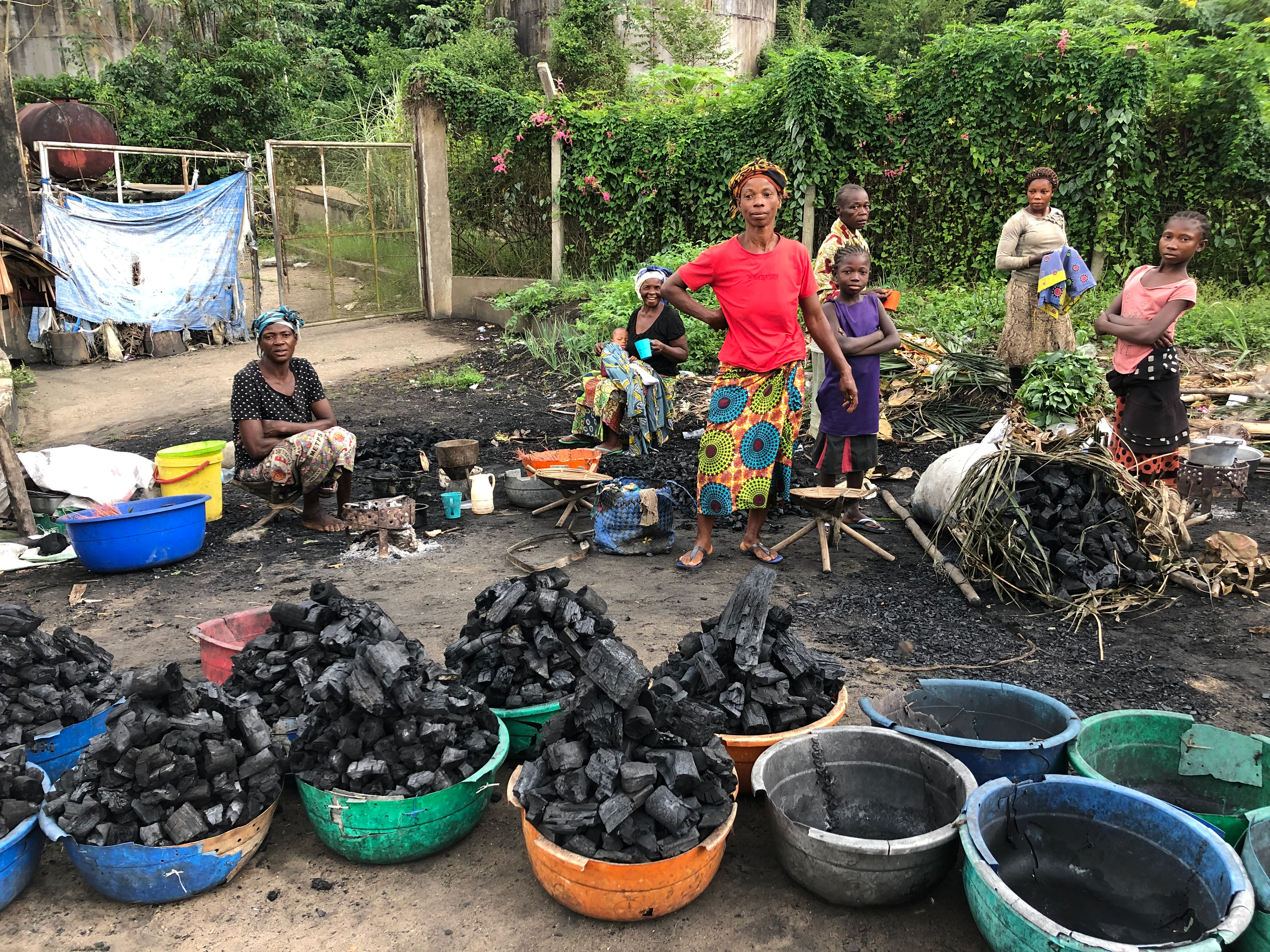
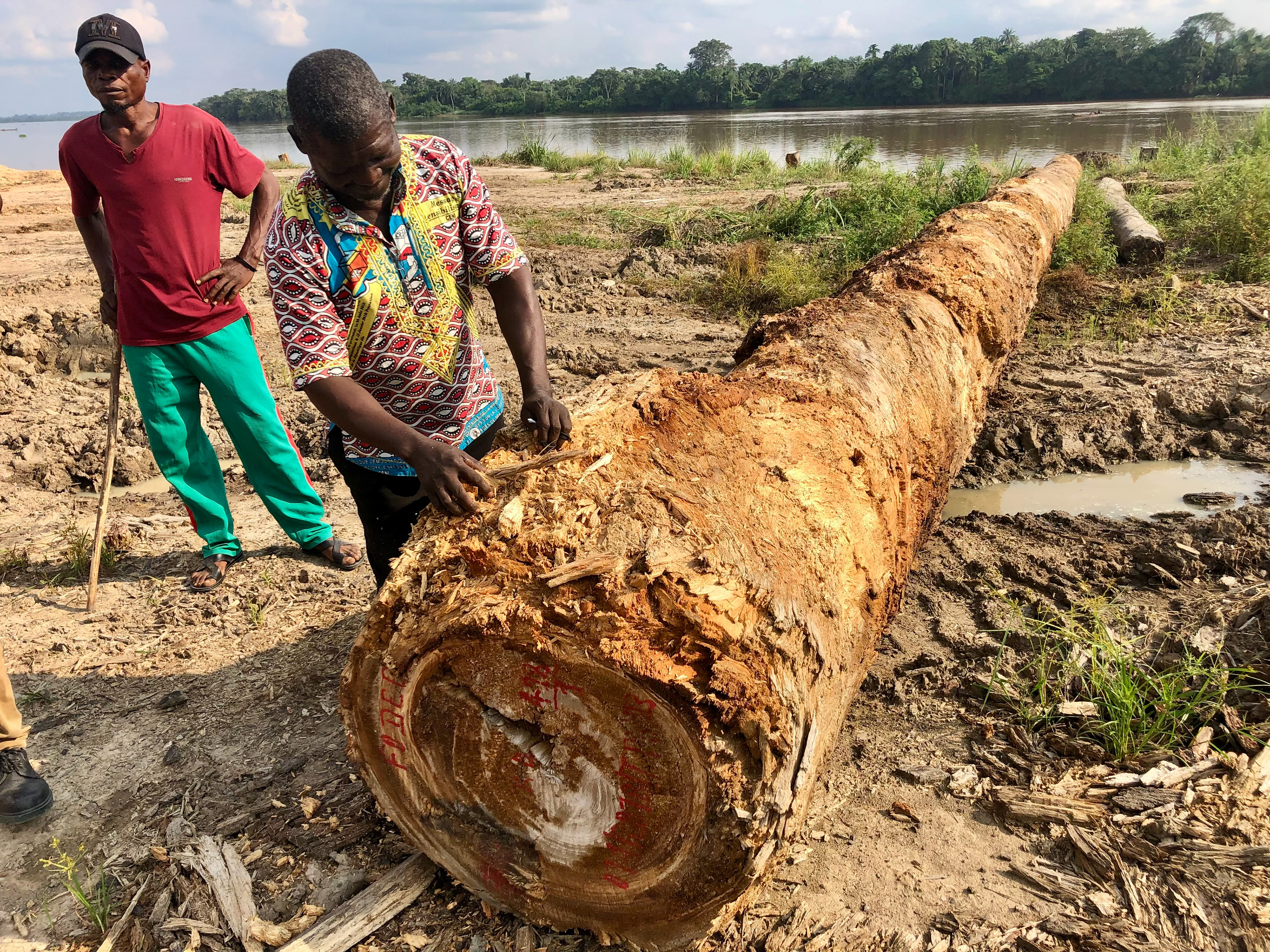
A CIFOR researcher studies the growth of CITES II-listed Afrormosia ('Pericopsis elata') in DRC. Global demand has pushed the tree species into oblivion in several West and Central African countries.
Life in the colonial palm oil plantations in DRC is not easy: schools with unpaid teachers; salaries below the international poverty line, exposure to hazardous waste. Company ownership has shifted from European development banks to equity funds. Below: a worker at home, piercing the darkness with a solar-powered lantern. On a table, all of the equipment of a clinic built by the company.
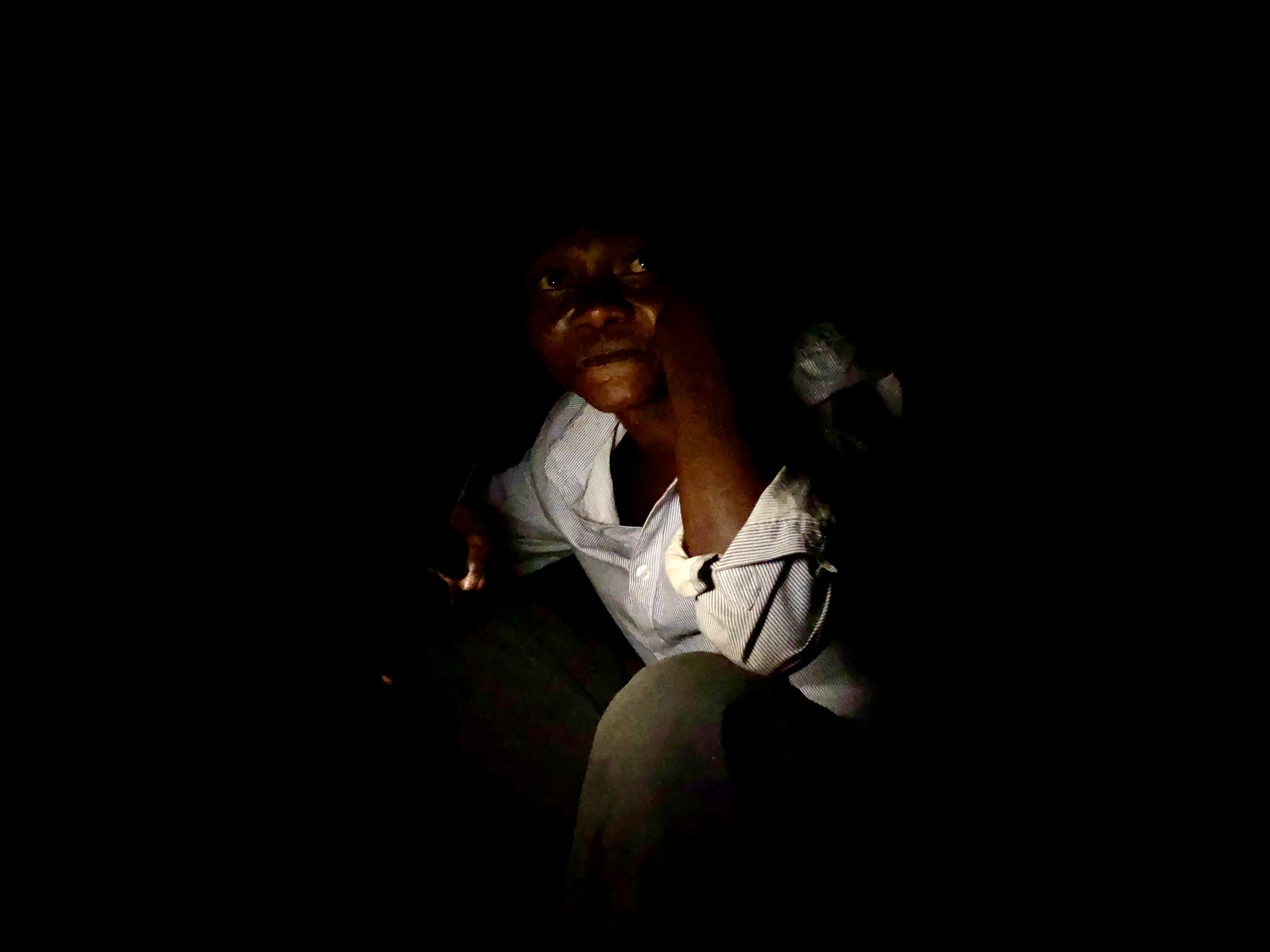
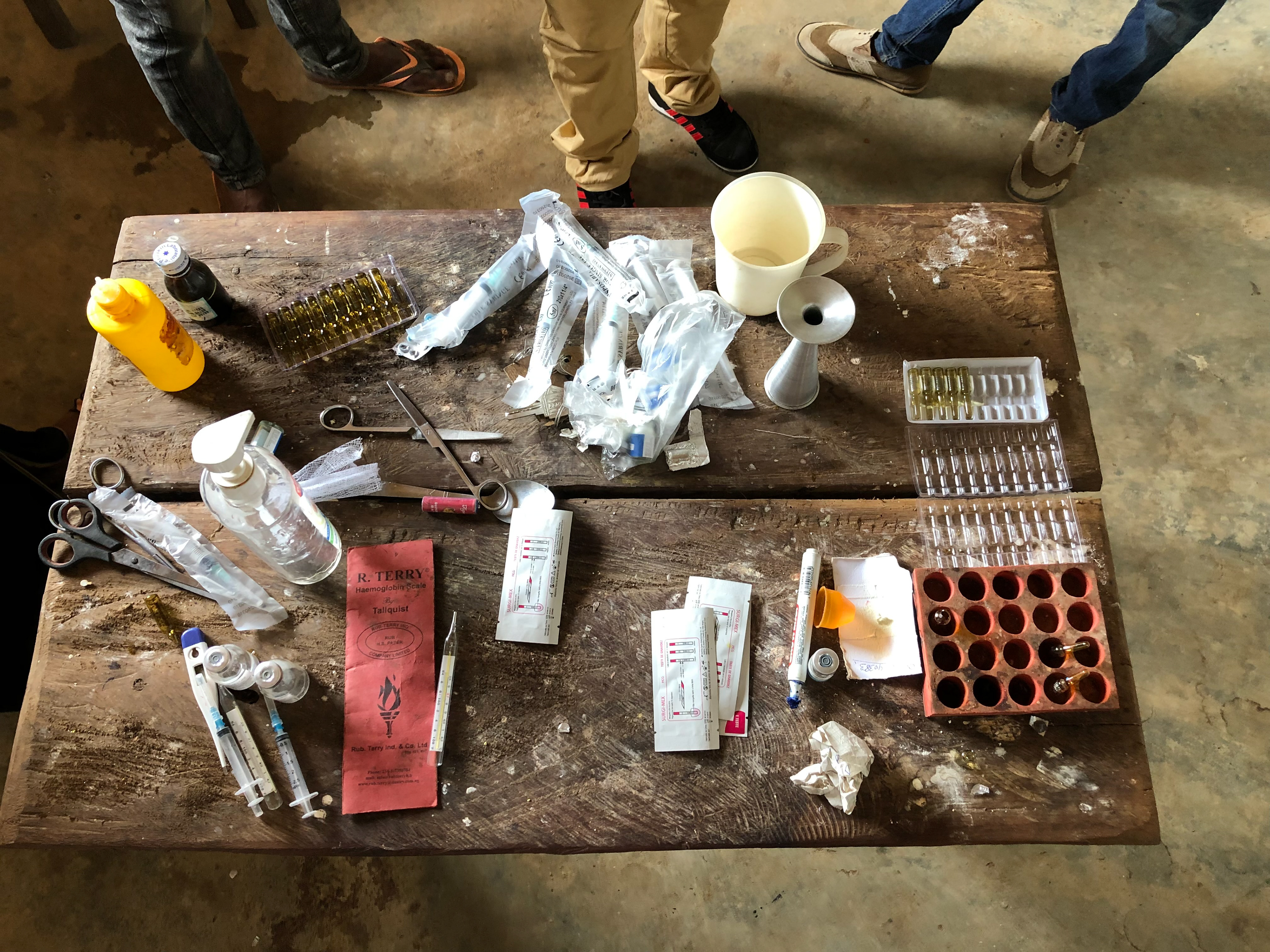
An administrative office in Kisangani, the capital of DRC’s largest forest province. In offices across the DRC, hundreds of faded dossiers pile up on tables, in drawers and on the floor, making it difficult to keep track of crucial matters. Below: Jean Francis Ilinga Mokonzi is a lawyer and customary and administrative leader in Yaliwasa, a remote community affected by an illegal logging concession.
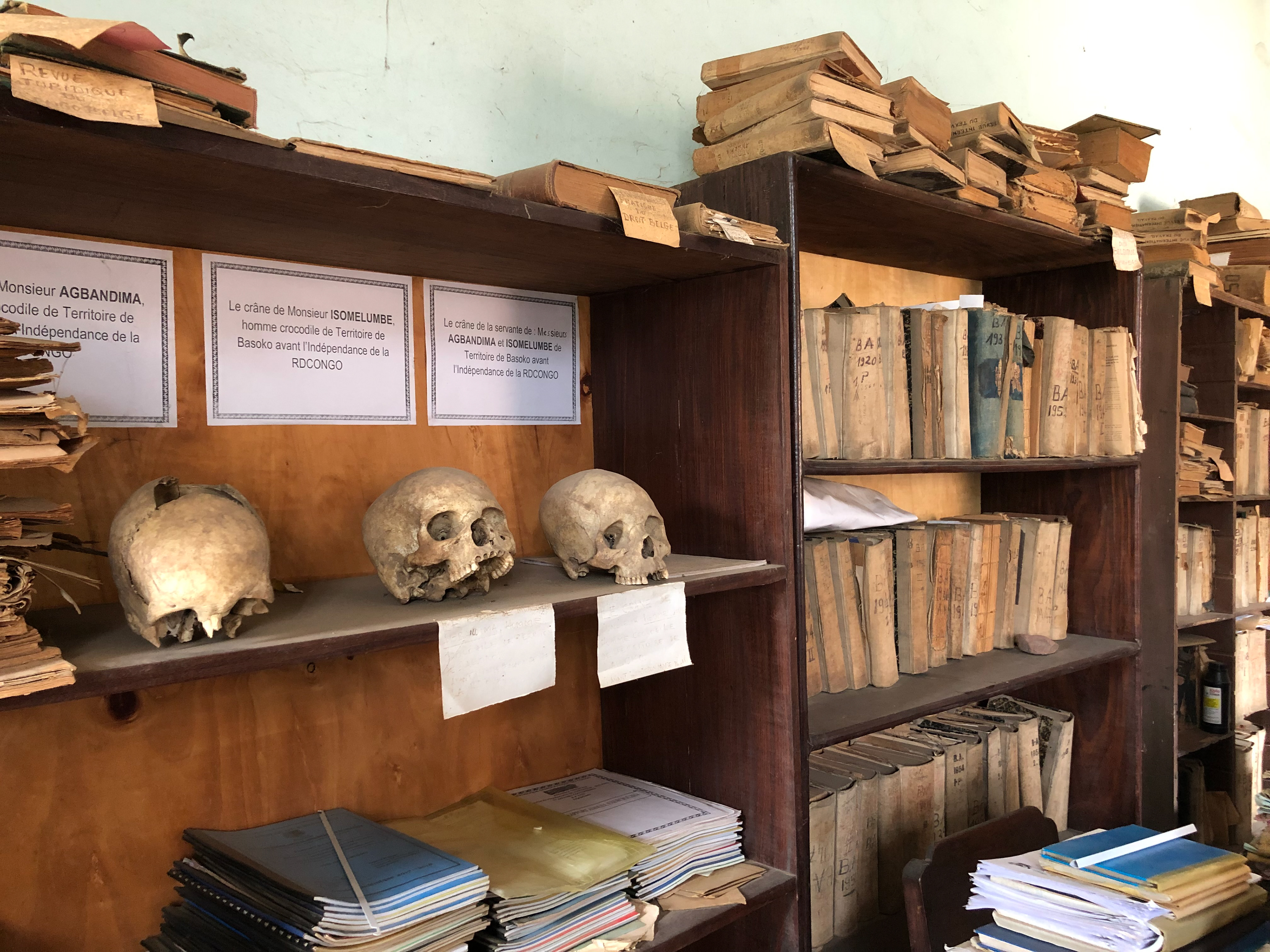
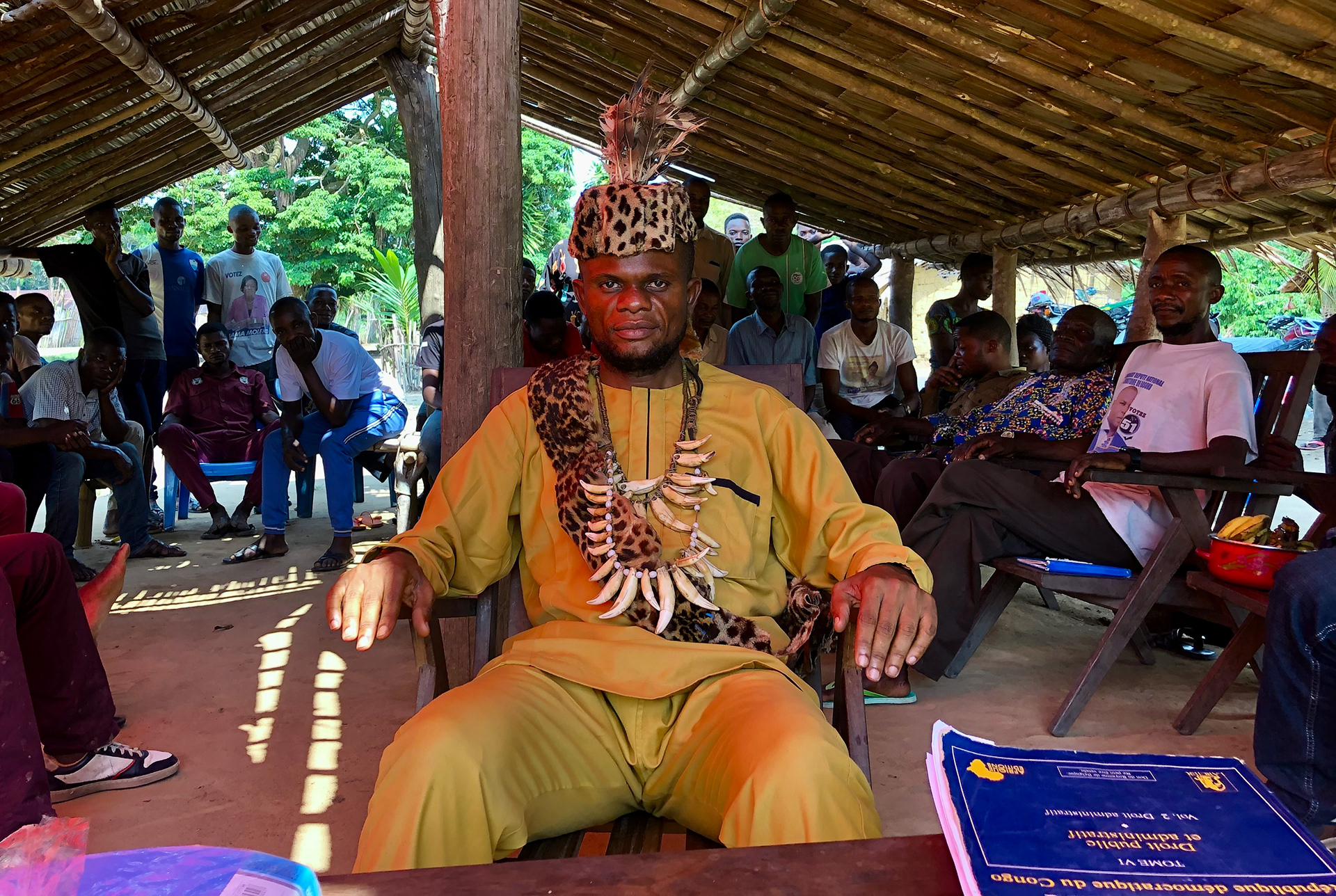
The Chief of a local community engaged in artisanal logging, is the main source of timber in the DRC.
Volcanic rock from the latest eruption of Nyiragongo in Goma, on the border with Ruanda, in May 2021. Goma is an important trading point for natural resources that have been extracted illegally or through fraudulent permits, including timber and gold.